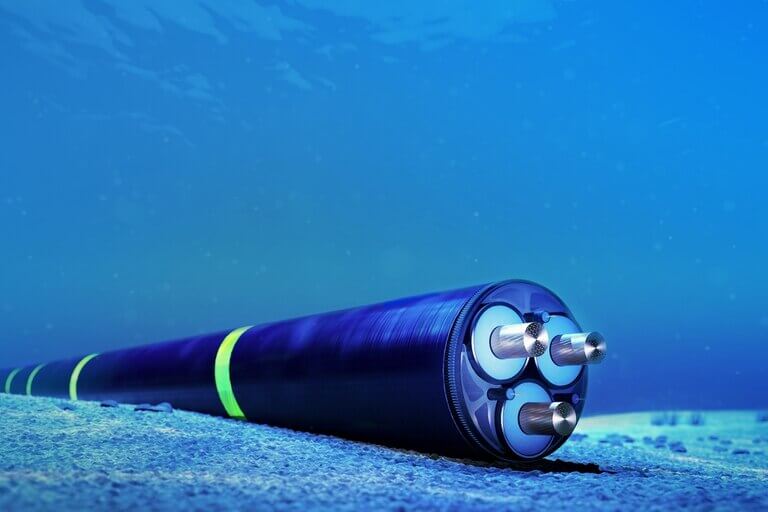Kathmandu: NATO has announced the launch of a new mission, “Baltic Sentry,” aimed at intensifying the surveillance of ships in the Baltic Sea following a spate of undersea cable damages last year. The initiative, unveiled by NATO chief Mark Rutte during a summit in Helsinki, will deploy additional patrol aircraft, warships, and drones to protect the region’s vital infrastructure.
Although Russia was not explicitly blamed for the incidents, NATO has pledged to increase monitoring of Moscow’s so-called “shadow fleet” – unregistered vessels suspected of transporting embargoed oil products.
“There is reason for grave concern over infrastructure damage,” Rutte said, emphasizing NATO’s readiness to respond robustly, including boarding and, if necessary, seizing suspect vessels. He underscored the critical importance of undersea infrastructure, which not only supplies electricity but also facilitates over 95% of global internet traffic, enabling $10 trillion in daily financial transactions.
The Baltic Sentry mission was announced amidst growing tensions between NATO and Russia since the latter’s invasion of Ukraine in 2022. Recent unexplained damage to undersea infrastructure, including a severed power cable between Finland and Estonia in December, has heightened security concerns.
In one incident, Finnish authorities seized the oil tanker Eagle S, suspected of posing a threat to a second power cable and gas pipeline between Finland and Estonia. Estonia’s Foreign Minister Margus Tsahkna noted that such damage is now so frequent that the notion of accidental causes or poor seamanship is increasingly implausible.
While Sweden and other NATO members have refrained from directly accusing Russia, Swedish Prime Minister Ulf Kristersson remarked that hostile intent could not be ruled out given the suspicious pattern of incidents.
Rutte assured that NATO would take all necessary measures to secure the region’s critical infrastructure, signaling a firm stance on safeguarding the Baltic Sea from potential threats.
Source: BBC
